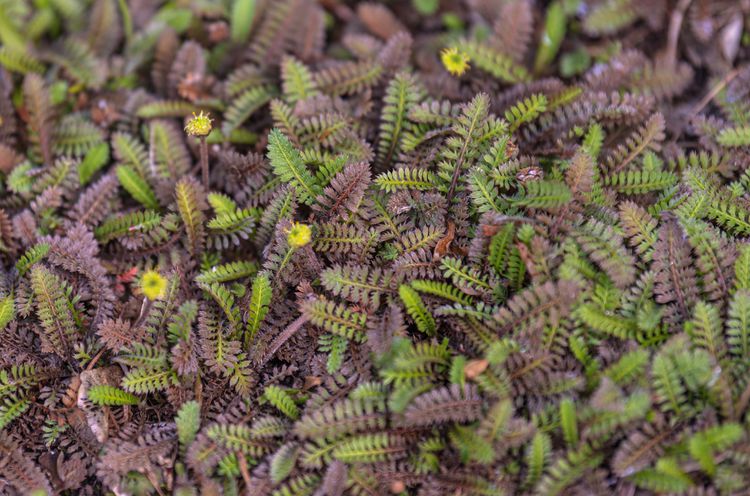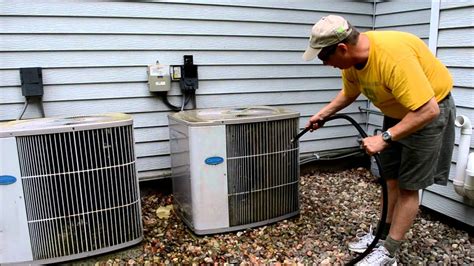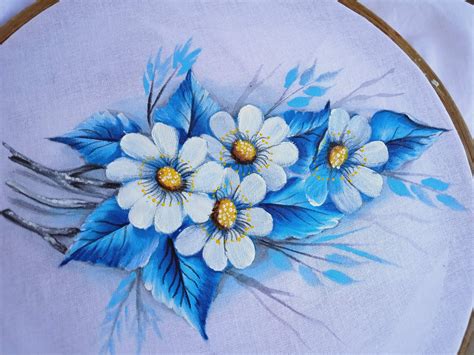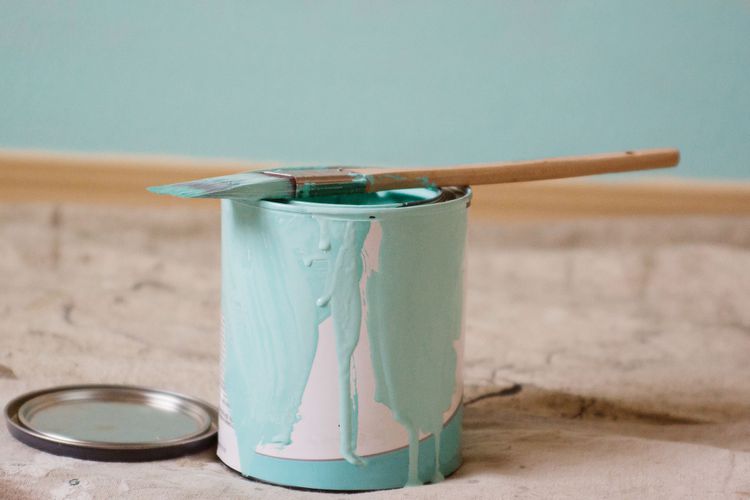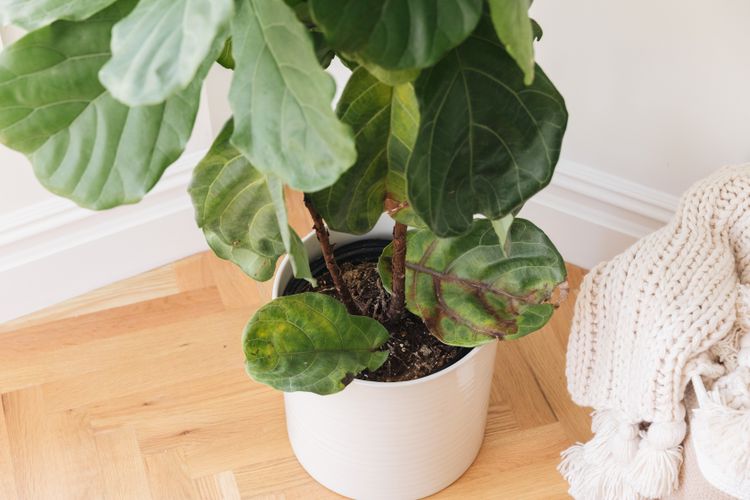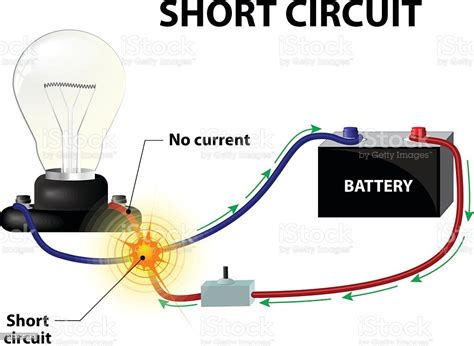For many years, sheet vinyl flooring has been regarded as the top option for areas such as bathrooms, laundry rooms, basements, and kitchens, where it is crucial to have resistance to moisture and stains. In response to consumer demand, manufacturers have introduced thicker luxury vinyl flooring (LVF) available in semi-rigid planks or tiles. Like traditional vinyl, luxury vinyl flooring has its advantages and disadvantages. Here’s what you should consider when deciding between luxury vinyl and standard vinyl flooring.
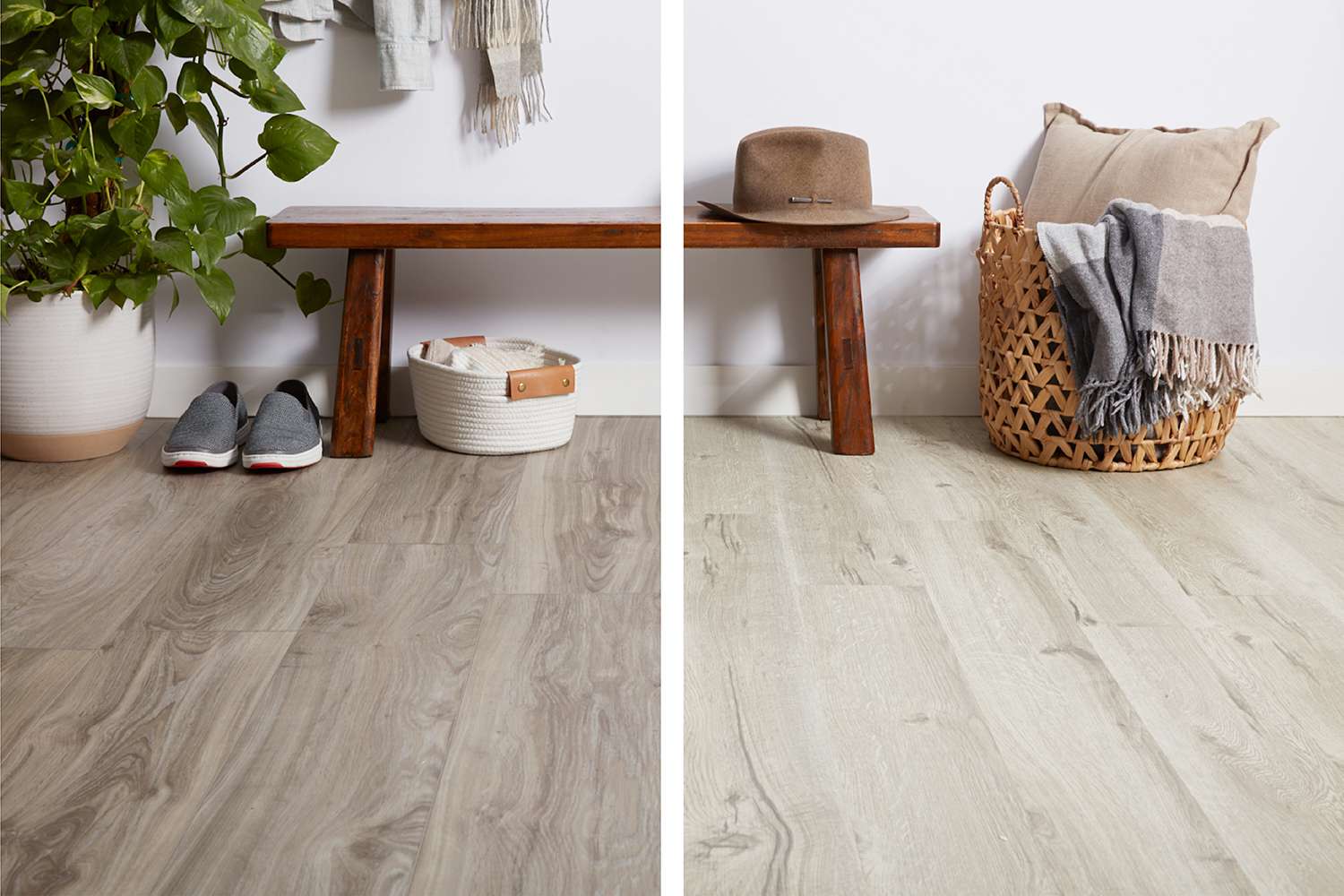
Standard Vinyl vs. Luxury Vinyl Flooring: Key Distinctions
While both types are composed of comparable materials, there are notable distinctions between standard vinyl and luxury vinyl.
Regular Vinyl
Luxury vinyl flooring differs significantly from traditional vinyl flooring, even though both are constructed from the same PVC vinyl material.
- Vinyl flooring is available in either flexible sheets or square tiles.
- Construction: It consists of a lightweight backing of felt or fiberglass that is adhered to a thin layer of solid vinyl. The vinyl features a printed design layer and is topped with a protective finish.
- Thickness: Standard vinyl is characterized by its flexibility and relatively slim profile, featuring a wear layer that measures between 10 and 15 mil (10/1000 to 15/1000 of an inch). This material is susceptible to scratches and rips.
- The sensation can be quite firm beneath your feet, particularly when laid over a concrete surface.
Premium Vinyl
Luxury vinyl is laid down utilizing the same click-lock interlocking edges that are characteristic of laminate flooring. As a result, many individuals find themselves weighing the options of luxury vinyl against laminate, considering them as secondary alternatives if they opt against more premium (and pricier) options like hardwood, ceramic, or stone tiles.
- Luxury vinyl is available in multi-layered planks or tiles.
- Construction: The product consists of six to eight distinct layers, featuring a glossy top-coat layer for a shiny finish, a transparent wear layer to safeguard the design, a design layer that showcases the printed image, a foam cushioning layer, a fiberglass backing for added support, and a sturdy PVC backing layer to enhance durability and stability. Luxury vinyl that mimics the appearance of stone may also incorporate ground minerals, typically in the form of finely crushed limestone.
- Thickness: The wear layers of luxury vinyl planks vary between 2 to 8 mm (approximately 8/100 to 3/10 of an inch), which makes them significantly thicker than regular vinyl options.
- The sensation: Due to its increased thickness, it offers a semi-rigid texture. A layer of cushioning foam enhances the comfort of the floor, making it more pleasant to walk on.
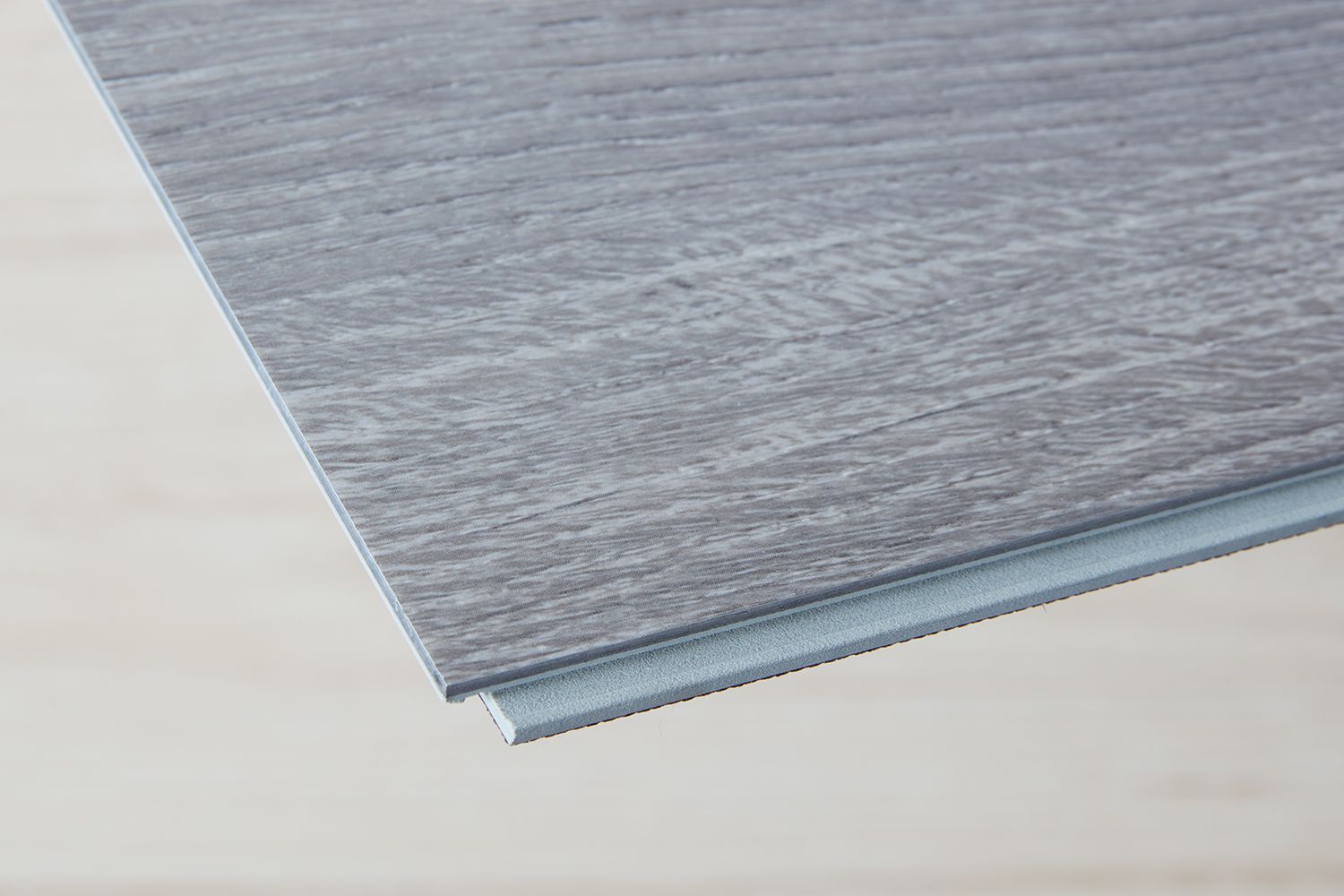
Premium Vinyl
Luxury vinyl planks (LVP) are typically crafted to replicate the appearance of wood, similar to many laminate flooring options. On the other hand, luxury vinyl tiles (LVT) are primarily intended to imitate the look of stone or ceramic tiles. The latest iterations of luxury vinyl are remarkably realistic, often blurring the lines between luxury vinyl and laminate when aiming for a wood-like aesthetic. A vast array of colors and designs is also offered.
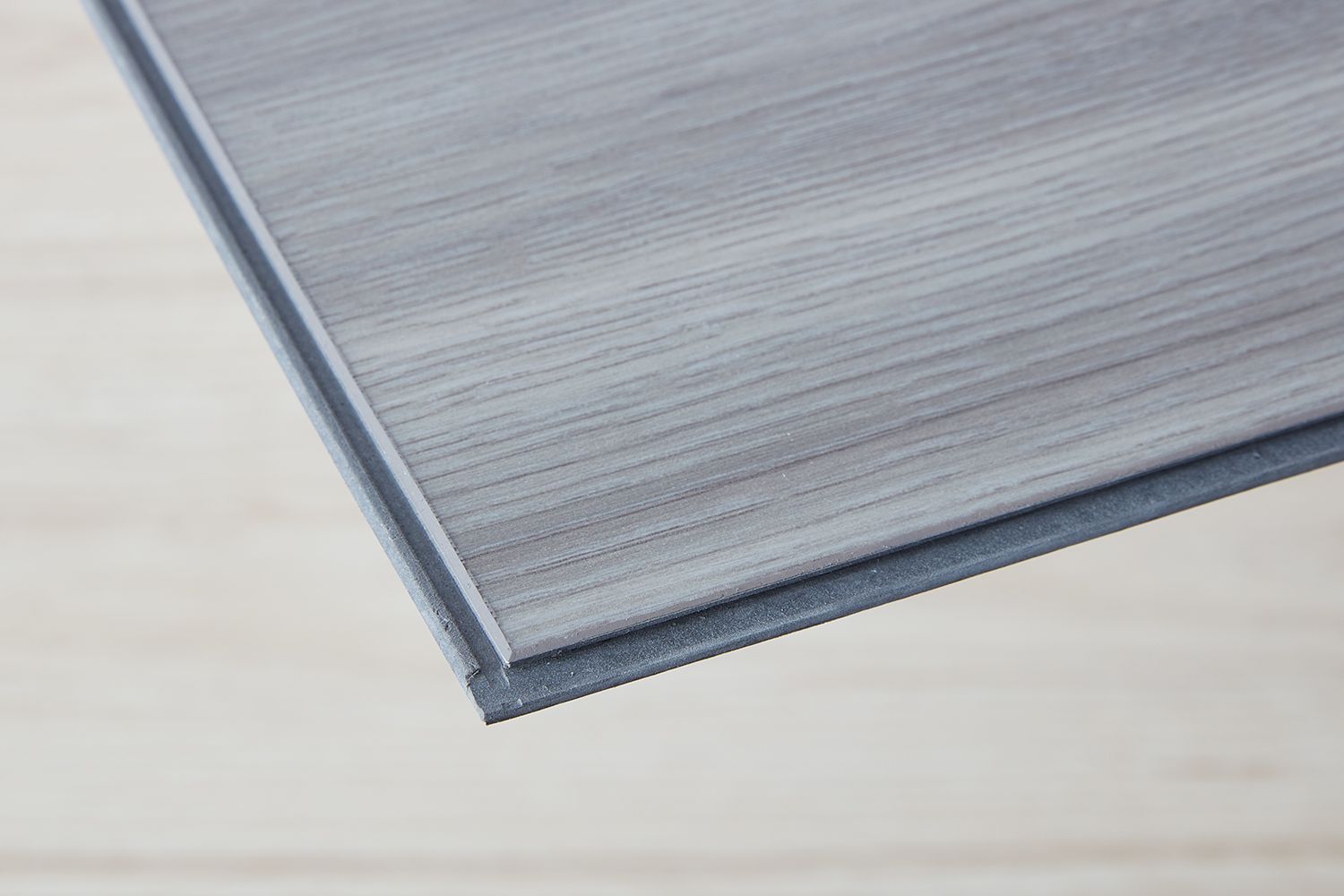
Ideal for Aesthetic Appeal: Premium Vinyl
Luxury vinyl planks replicate the appearance of wood more effectively than vinyl sheets. Additionally, they resemble simulated stone and ceramic more closely than traditional vinyl options.
Resistance to Water and Heat
Luxury vinyl and traditional vinyl are both excellent waterproof flooring options. They are ideal for use in areas such as bathrooms, kitchens, and other moisture-prone spaces.
Regular Vinyl
Vinyl sheets are exceptionally resistant to water. In contrast to planks or tiles, sheets feature fewer seams, reducing the chances of water seeping through to the subfloor.
Premium Vinyl
Luxury vinyl is an entirely man-made substance that is resistant to water damage. Nonetheless, a notable issue with luxury vinyl tiles is that the joints between the tiles (or planks) can permit water to penetrate to the underlayment.
Ideal for Water and Heat Durability: Standard Vinyl
Standard vinyl sheets offer a slight advantage over luxury vinyl planks when it comes to water resistance.
Both varieties of vinyl flooring can withstand typical heat levels, including direct sunlight, but they struggle with excessive heat. It is advisable to avoid installing this flooring beneath a water heater or close to a furnace, and caution should be exercised to prevent dropping hot pans or heating devices onto a vinyl surface.
Maintenance and Cleaning
Both standard and luxury vinyl flooring can be maintained using similar cleaning techniques. It is advisable to sweep or vacuum daily and to promptly address any spills or stains. Additionally, a damp mop using warm (not hot) water combined with a gentle soap should be done approximately once a week. Unlike traditional linoleum, vinyl flooring does not need sealants or wax, as these can diminish the shine of the protective wear layer.
Ideal for Maintenance and Cleaning: Tie
Neither option offers any benefits in terms of maintenance and cleaning when comparing standard vinyl to luxury vinyl.
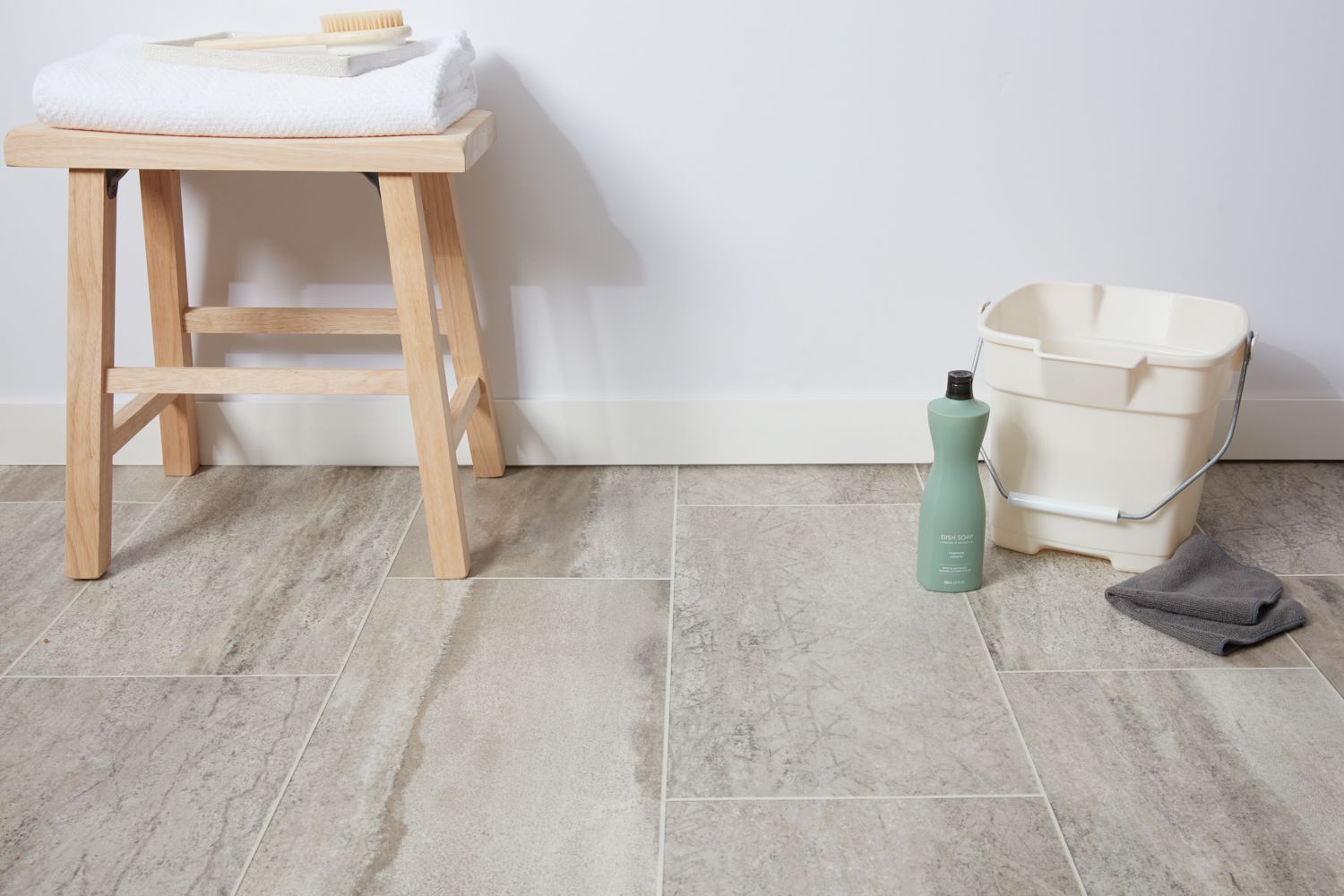
Longevity and Upkeep
Regular Vinyl
Conventional vinyl flooring features a relatively soft surface, making it vulnerable to dents, scratches, and tears. Fixing a damaged area can be challenging, and many individuals opt to either replace or cover the flooring when the signs of wear become noticeable.
Premium Vinyl
Luxury vinyl planks are designed to be thicker and more rigid than regular vinyl, enhancing their durability. Additionally, if a plank gets damaged, the flooring can be taken apart to easily replace the affected plank.
Ideal for Longevity and Upkeep: Premium Vinyl
Many high-end luxury vinyl flooring options feature a more robust wear layer, enhancing their durability and simplifying repairs. Regardless of the type, vinyl flooring may experience fading with prolonged exposure to direct sunlight, prompting manufacturers to suggest using window coverings to mitigate this issue.
Installation
Regular Vinyl
Typically, standard sheet vinyl is installed using a complete glue-down method, which attaches the flooring firmly to the underlayment. Certain varieties can be installed using a perimeter glue bond, which means the adhesive is applied only at the edges and seams. In contrast, standard vinyl tiles are consistently fixed in place using a glue-down technique.
Premium Vinyl
Luxury vinyl planks and tiles are typically fitted using a click-lock mechanism, allowing the edges to securely connect with one another. These flooring options are designed to float above the subfloor without the need for adhesive, although some types of luxury vinyl do provide a glue-down alternative for specific situations.
Ideal Choice for Installation: Premium Vinyl
Luxury vinyl is typically more user-friendly for those who prefer to do it themselves. In contrast, traditional vinyl sheets can be cumbersome to manage and are often installed by experts.
Cost
Regular Vinyl
Standard vinyl flooring is generally budget-friendly, with material prices ranging from $0.50 to $2 per square foot at major home improvement retailers. The cost of professional installation is also reasonable, as the installation process is typically efficient. Expect to budget an additional $1 to $2 per square foot for professional installation services.
Premium Vinyl
Luxury vinyl obtained from the same retailers typically ranges from $2 to $4 per square foot. However, high-end designer luxury vinyl available at specialized flooring shops can exceed $7 per square foot. A lot of homeowners opt for a DIY approach to installing luxury vinyl, as the process is fairly straightforward.
Most Cost-Effective Option: Standard Vinyl
Traditional vinyl flooring tends to have reduced raw material expenses; however, this benefit diminishes when opting for luxury vinyl flooring as a do-it-yourself endeavor.
Lifespan
Regular Vinyl
Typical vinyl flooring is expected to last around 10 years, while higher-quality options may endure for up to 15 years.
Premium Vinyl
High-quality vinyl flooring is quite resilient, typically enduring for 20 to 25 years with proper maintenance.
Optimal Choice for Durability: Premium Vinyl
Due to its denser and more substantial composition, luxury vinyl flooring typically has a significantly longer lifespan compared to regular sheet vinyl.
Sizes
Regular Vinyl
Standard sheet vinyl is available in rolls that are either 6 or 12 feet wide. In contrast, vinyl tiles typically measure between 9 and 18 inches in square dimensions.
Premium Vinyl
Luxury vinyl flooring is typically available in two formats: planks and tiles. Standard plank dimensions are generally 48 inches in length and 4.5 inches in width, while standard tiles are commonly 16 inches by 16 inches. However, there are also options in both smaller and larger sizes.
Ideal for Dimensions: Tie
When comparing standard vinyl to luxury vinyl, there is no significant difference in size.
Resale Worth
Regular Vinyl
Standard sheet vinyl flooring is often viewed as an economical option that does not enhance the value of a property.
Premium Vinyl
Luxury vinyl planks and tiles often lack the prestige associated with solid hardwood or ceramic and stone tiles. However, the newest luxury vinyl products are at least on par with, and possibly superior to, laminate flooring.
Optimal Choice for Resale Value: High-End Vinyl
Luxury vinyl is preferred over traditional vinyl when it comes to the real estate value of flooring. Typically, a luxury vinyl plank or tile floor will possess a higher resale value compared to a standard vinyl floor.
Comfort and Audio Experience
Regular Vinyl
Sheet vinyl is a delicate material that can feel hard and chilly to walk on, particularly when laid over concrete subfloors.
Premium Vinyl
Due to its increased thickness, luxury vinyl offers a softer feel when walked on and provides enhanced sound insulation compared to regular vinyl flooring. This is particularly evident in luxury vinyl that incorporates cork or foam underlayment. High-end luxury vinyl is frequently more comfortable than laminate flooring.
Ideal for Comfort and Acoustics: Premium Vinyl
Luxury vinyl outperforms traditional vinyl flooring in terms of comfort underfoot and sound insulation.
The Ruling
When budget allows, luxury vinyl flooring often outperforms standard vinyl in various aspects. However, if you’re working with limited funds, standard vinyl could be the more suitable option, especially in areas where its seamless design enhances water resistance.
Leading Brands
Leading manufacturers of vinyl flooring typically provide both standard vinyl sheets and tiles, as well as premium vinyl planks and tiles. Prominent brands in the vinyl flooring sector feature well-known industry names:
- Armstrong provides a comprehensive selection of sheet vinyl and luxury vinyl planks and tiles, along with a notable range of “engineered” tiles. These engineered tiles blend luxury vinyl with crushed mineral materials, typically limestone.
- Shaw provides a variety of high-quality standard sheet vinyl as well as luxury vinyl planks and tiles.
- Mohawk provides a remarkable variety of styles, featuring a vast range of options that includes both traditional sheet vinyl and high-end vinyl planks and tiles.
- COREtec focuses exclusively on high-end vinyl flooring, including planks and tiles. While these products come at a higher price point, COREtec incorporates a distinctive construction method that includes a cork underlayment, offering a comfortable feel and excellent thermal insulation. Their flooring solutions are recognized for their straightforward installation process.
Which is superior: luxury vinyl or standard vinyl?
High-end vinyl flooring comes at a higher price, but this is justified by its superior durability, extended lifespan, and often more appealing appearance.
What are the drawbacks of opting for luxury vinyl flooring?
Luxury vinyl comes with several drawbacks: it cannot be repaired, emits volatile organic compounds (VOCs), has a shorter lifespan compared to hardwood flooring, typically does not enhance property value, its adhesives can be difficult to remove, and it is not an environmentally friendly option, as it is neither recyclable nor biodegradable like natural materials.
Is luxury vinyl superior to sheet vinyl?
When evaluating the resale value of a home, luxury vinyl emerges as a superior option, while sheet vinyl is often favored for bathrooms and kitchens due to its enhanced water resistance.

